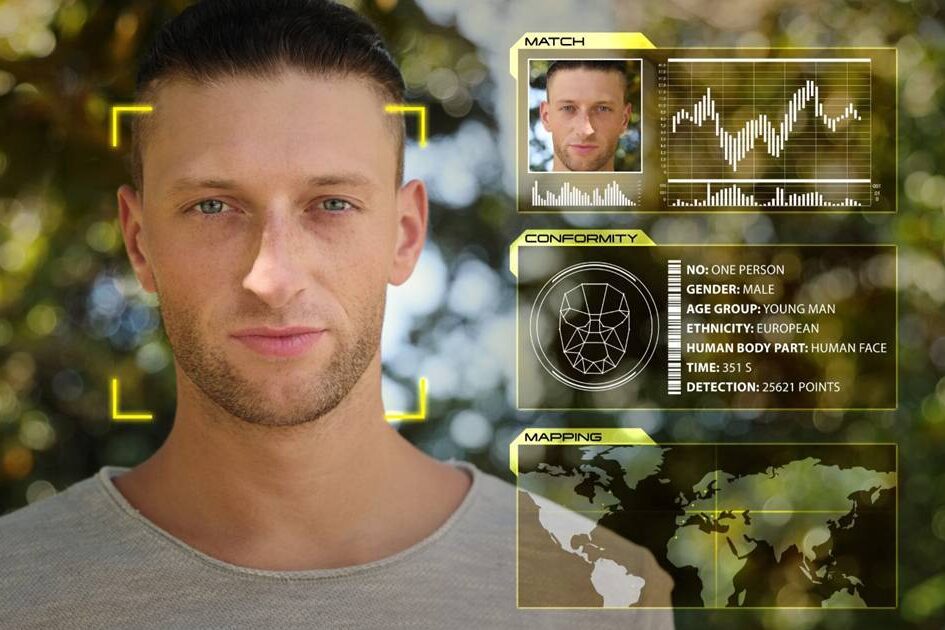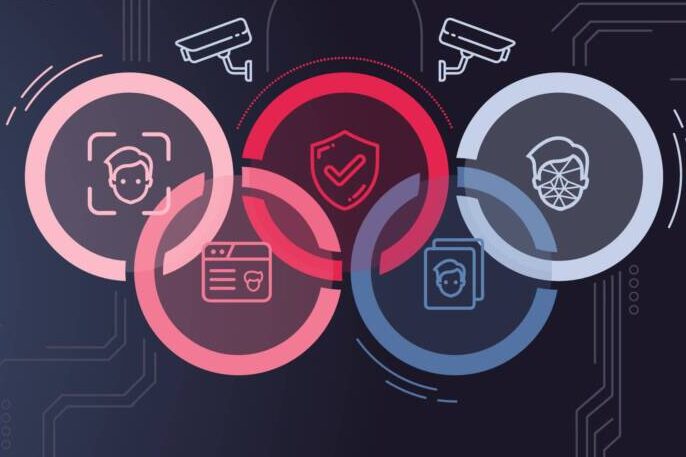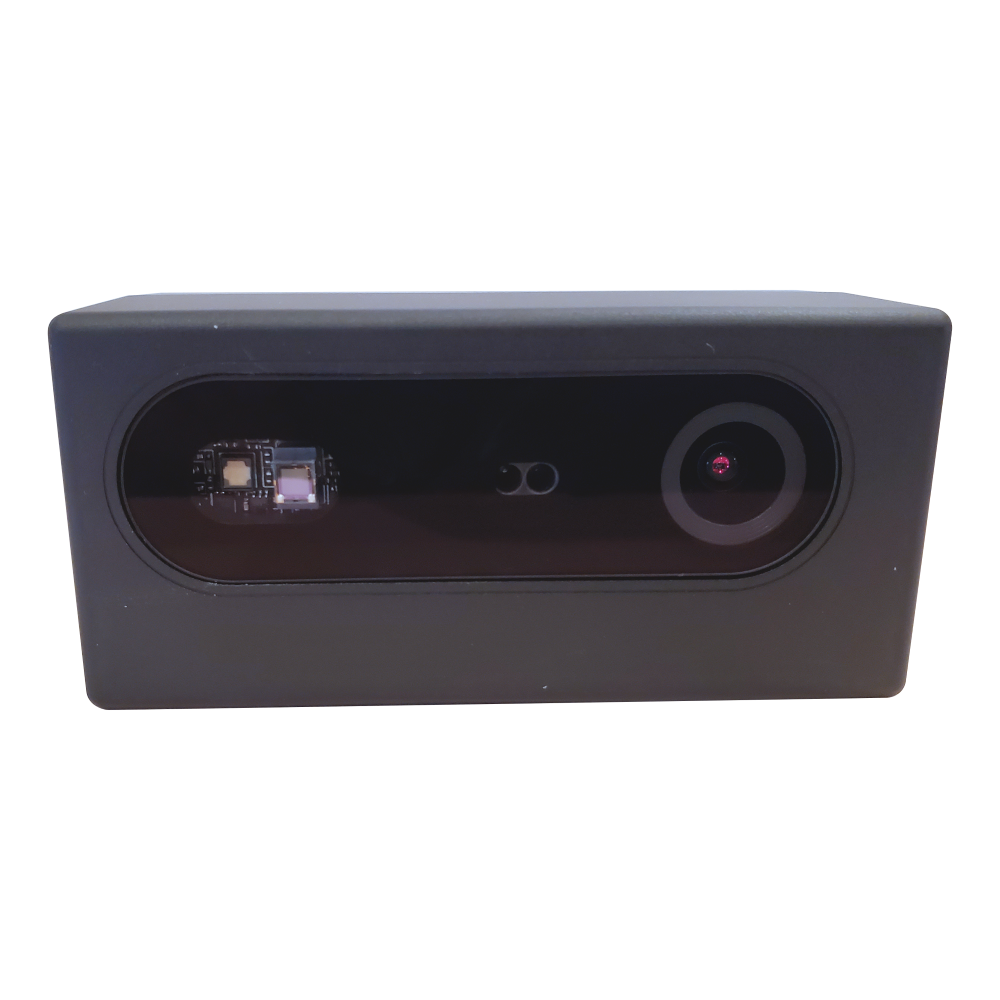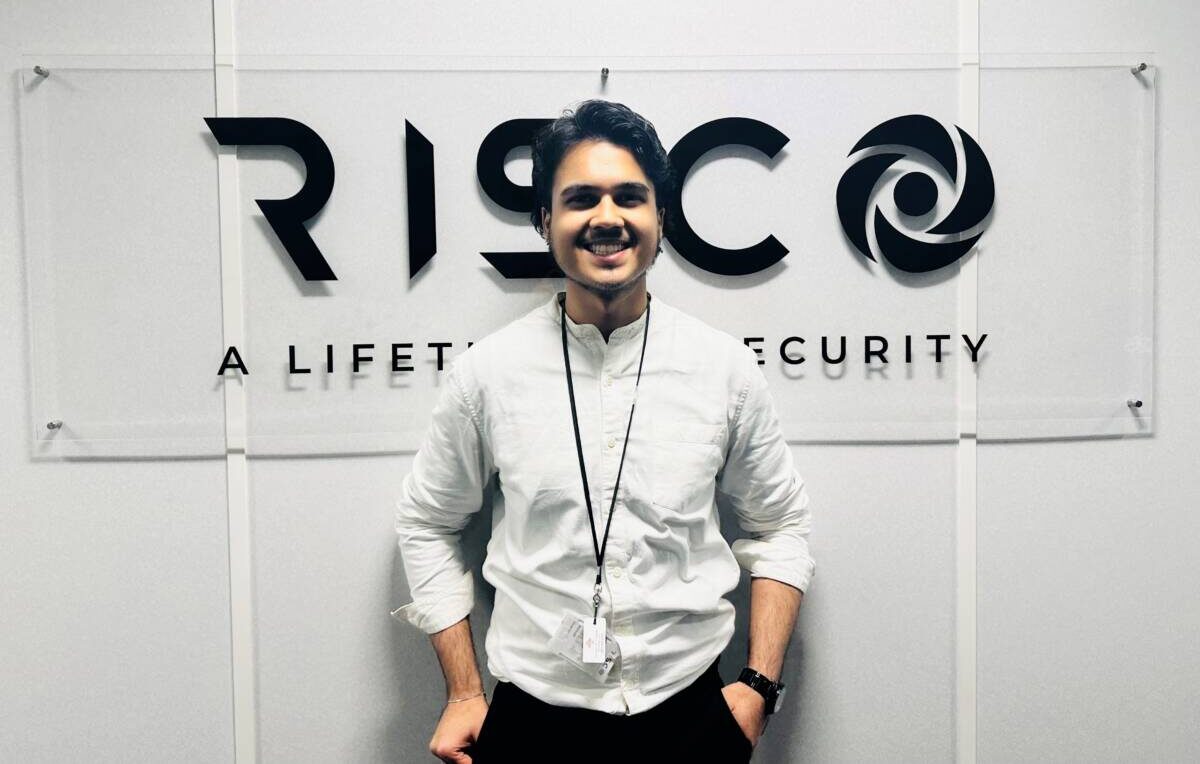
The BSIA’s technical director, Alex Carmichael, has come out strongly against comments by the newly-appointed surveillance camera commissioner which were reported in The Independent newspaper.
Following the article which was published in the paper this morning, Carmichael has written a letter to the editor refuting many of the claims made in the article.
The article, headlined “New HD CCTV puts human rights at risk” and subtitled “Watchdog warns: Big Brother Britain has arrived unnoticed”, says that cameras capable of tracking and identifying people from half a mile away are turning Britain into a Big Brother Society.
Rennison said that the pace of development of high-definition (HD) cameras and video analytics has “overtaken our ability to regulate it” with dire consequences.
“I’m convinced that if we don’t regulate it properly – ie, the technological ability to use millions of images we capture – there will be a huge public backlash. It is the Big Brother scenario playing out large. It’s the ability to pick out your face in a crowd from a camera which is probably half a mile away,” he is quoted as saying.
Coincidentally, SecurityNewDesk interviewed Rennison this morning for an upcoming feature in the new SecurityNewsDesk newspaper, and he confirmed the accuracy of the statements.
He said that there was a danger the public are not aware of the true capabilities of the technology and there could be a public backlash unless efforts were made to keep the public informed. He the UK needs to develop the concept of “surveillance by consent”, much in the same way that British policing is famous for “policing by consent”.
The BSIA’s Carmichael would be unaware of the nuances of Rennison’s argument as the article in The Independent didn’t cover that aspect of his views.
Notably, The Independent also makes several references to Rennison as the first Surveillance Commissioner which will come as a surprise to the six serving Surveillance Commissioners and the Chief Surveillance Commissioner who oversee the Regulation of Investigatory Powers Act (RIPA).

In a letter to The Independent, which the BSIA has shared with SecurityNewsDesk, Carmichael writes: “CCTV is vital to the protection of our society, and the security industry in the UK is dedicated to ensuring it is used responsibly. It is, in fact, possible to safeguard civil liberties whilst making effective use of CCTV systems, as the two things are not mutually exclusive.
“I was therefore disappointed to read Mr Rennison’s statements questioning “the effectiveness of CCTV cameras in detecting crime”, an assertion which is countered by the fact that over 3,000 arrests were made as a direct result of CCTV technology following last year’s August riots, in addition to the pivotal role it also played in the investigation of the 7/7 bombings. Examples such as these demonstrate that, in public areas, CCTV does play a positive role in providing public safety and supporting our hard-working police in their endeavours to detect and solve crime.”
Carmichael goes on to say: “The CCTV Section of the British Security Industry Association (BSIA) – the trade association for the professional security industry in the UK – believes that it is in everybody’s interest that surveillance technology is applied to best effect to fight crime – and the on-going terrorist threat – within an agreed framework, which addresses private concerns and other issues, so the public’s largely positive regard for CCTV can be maintained. For this reason, the Association and its members have welcomed the Protection of Freedoms Act and the introduction of carefully thought-out regulation, provided adequate consultation takes place.”
We contacted Andrew Rennison to ask for his views on the BSIA’s letter and he said: “It’s important that we these debates as we develop the CCTV code of practice. I work closely with the BSIA and respect their views.”
In our interview this morning, Rennison talked in some detail about his concerns for the future of the CCTV industry and what might be in the code of practice. The full interview will be featured in the SecurityNewsDesk newspaper, which will be published next month.




























